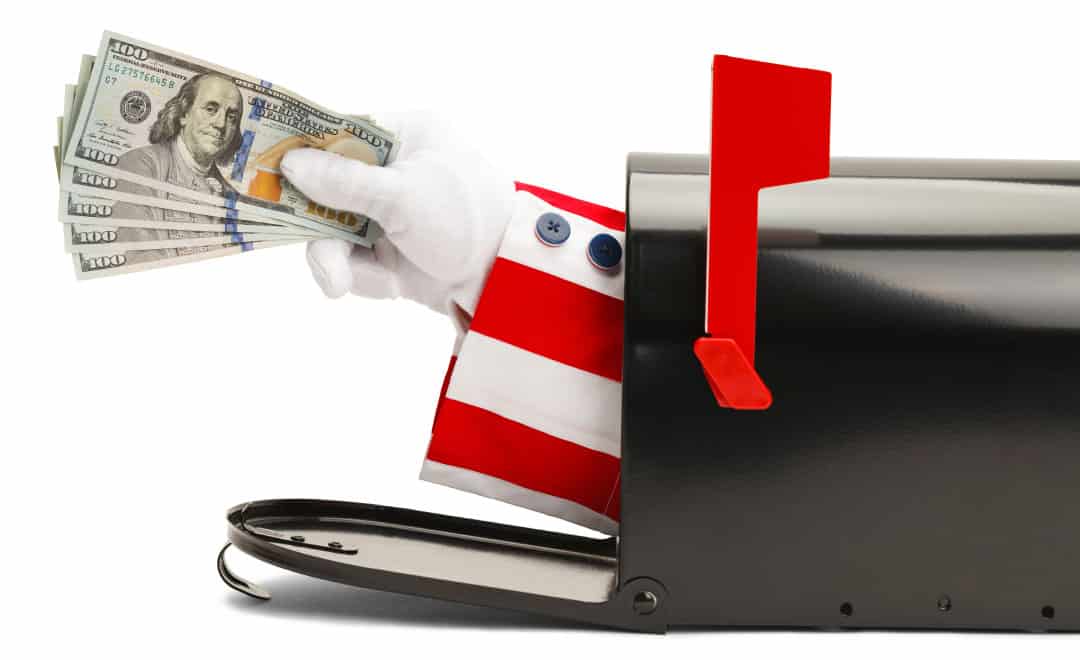Uncle Sam is coming to the rescue in this time of economic need. While it saddens me that our economy has reached this point, it seems the stimulus package is necessary to keep this dip from becoming the Grand Canyon.
The Coronavirus Aid, Relief and Economic Security (CARES) Act was signed into law March 27, which includes a significant number of tax and other provisions designed to support businesses and individuals impacted by the coronavirus pandemic.
So now for the details. The Act will provide $1,200 cash payments to individuals, $2,400 to married couples, and $500 per child provided their income is below $75,000 and $150,000, respectively. I believe this is the most effective way to jolt the economy back to life as it provides money directly to those in pain. Instead of having politicians choose which company should get funding, consumers will take their cash and spend it where it is needed most.
The program provides $250 billion for an extended unemployment insurance program that expands eligibility and offers workers an additional $600 per week for four months, on top of what state programs pay. With initial unemployment filings soaring to 3.28 million for the week ended March 21, 2020, this too should help individuals. The Act also extends unemployment insurance benefits through Dec. 31 for eligible workers. The deal applies to the self-employed, independent contractors, and gig economy workers.
Furthermore, hundreds of billions of dollars are being dedicated to small businesses to keep employees working, preventing layoffs and business closures while workers have to stay home during the outbreak. The Act allots $10 Billion for Economic Injury Disaster Loans from the Small Business Administration and $350 billion for Paycheck Protection Loans to help small businesses. Both programs contain forgiveness provisions for portions of the loan used to maintain payroll, keep workers on the books, or pay for rent, mortgage, and existing debt. There is $17 billion to cover six months of payments for small businesses already using SBA loans.
These funds should filter through our local economy and others around the nation. They are focused at the heart of the problem and should make the biggest difference in the short term.
The first thing we recommend to individuals who come to us for financial planning is insurance against loss of income. Your ability to earn money is your most valuable asset. The second most important step is to establish and fund an emergency savings account to cover six months of income for any unforeseen short-term emergency. We recommend this before beginning to save for longer-term goals. Unfortunately, some individuals and corporations have failed at this concept.
Clearly, the COVID-19 outbreak falls under “circumstances occur that can make it impossible for even the most disciplined individual or company not to suffer.” These are the times and actions that force government debts into the stratosphere, and we will all bear that burden collectively in the coming years.
If you have questions regarding how you may benefit from the CARES Act, the experts at Henssler Financial will be glad to help:
- Experts Request Form
- Email: experts@henssler.com
- Phone: 770-429-9166
- Join the Conversation in Our Coronavirus Facebook Group






